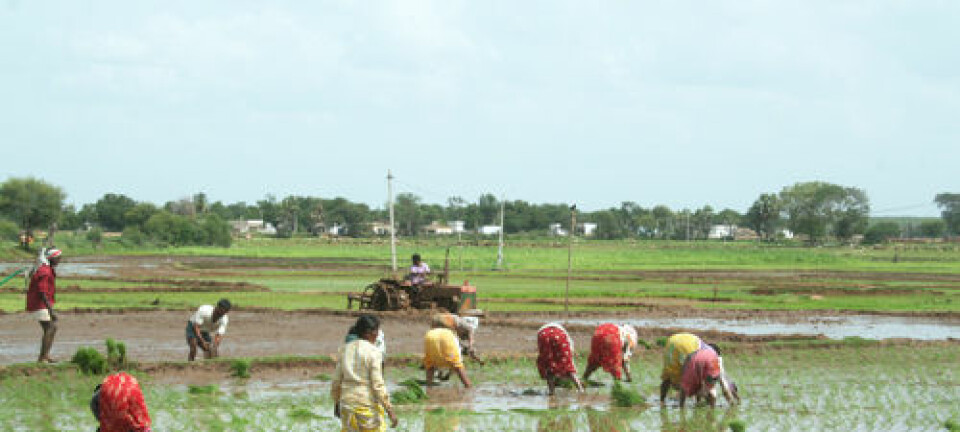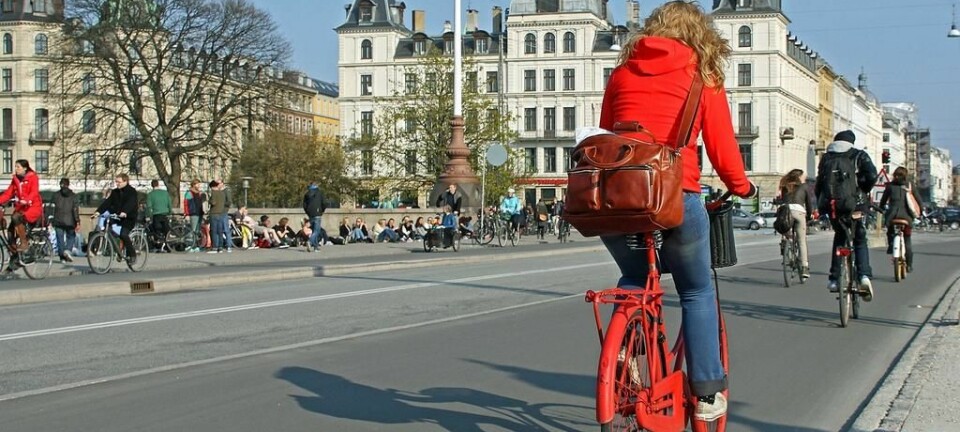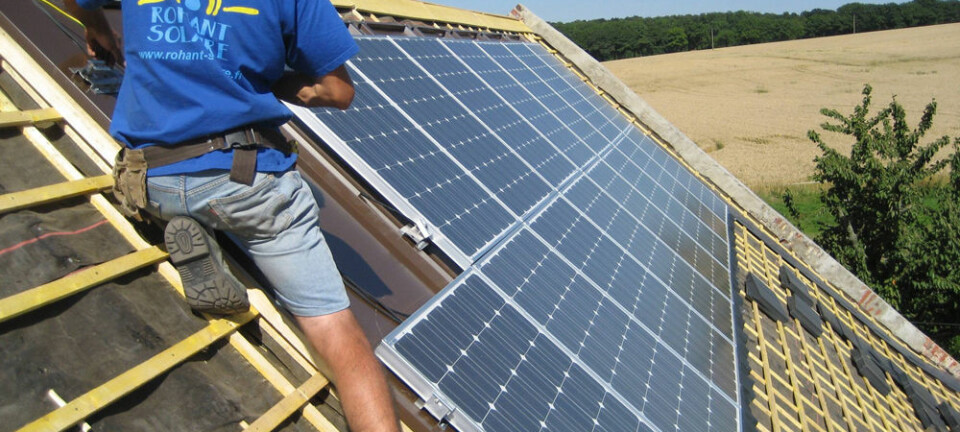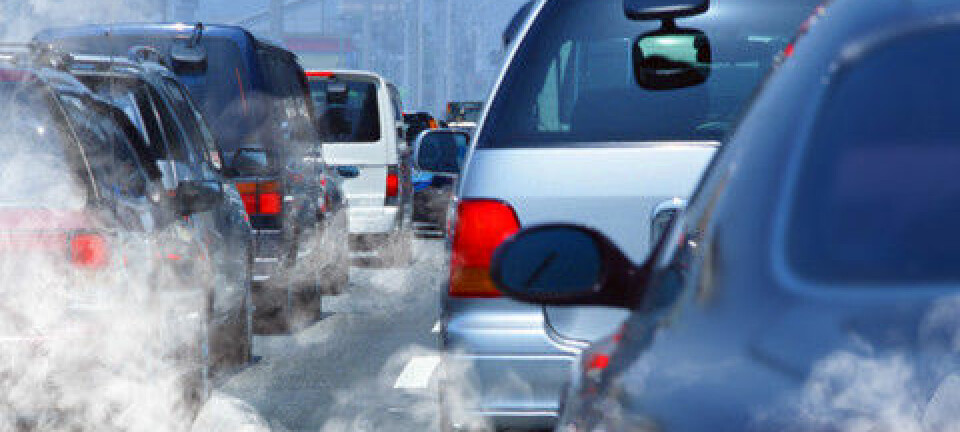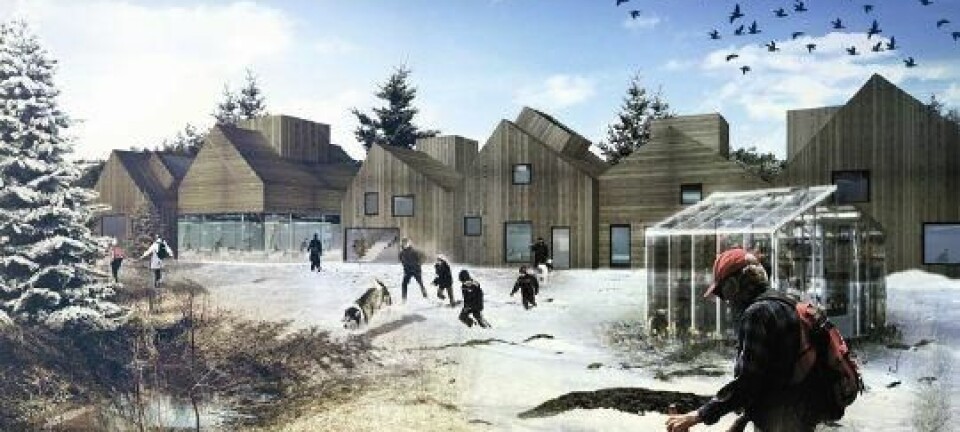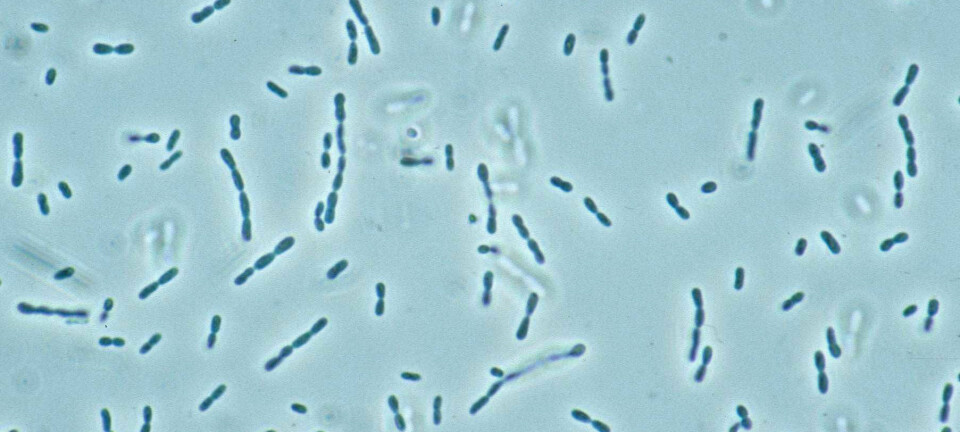An article from University of Oslo
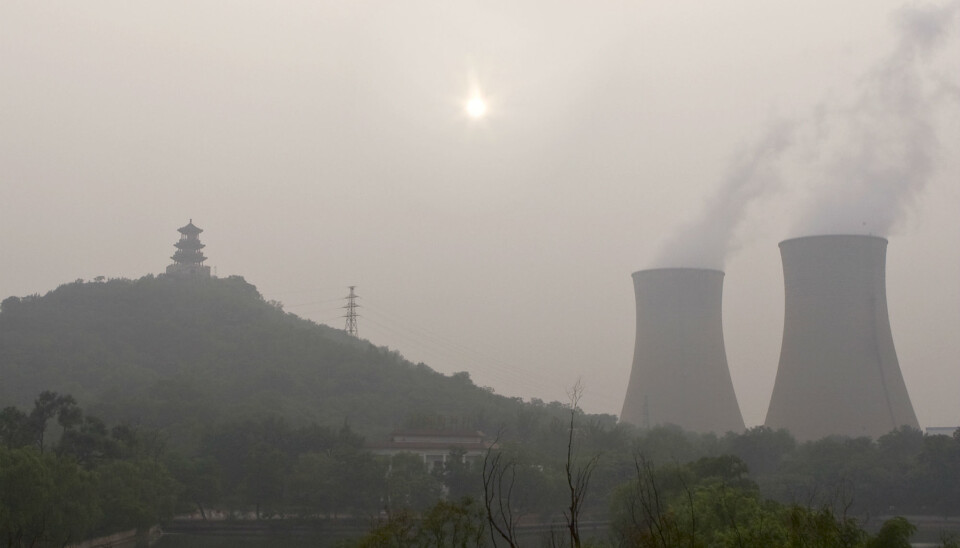
The climate solutions lie in society
Researcher believes that the most effective responses to climate change will be the ones that address the society.
Denne artikkelen er over ti år gammel og kan inneholde utdatert informasjon.
In the upcoming report, the Intergovernmental Panel on Climate Change (IPCC) focuses upon the social and economic aspects of climate change. Its consequences for food security, health and poverty reduction
“Climate change is not just an environmental problem, but also a social problem,” says one of the lead authors of the report, Professor Karen O'Brien from the Department of Sociology and Human Geography, University of Oslo in Norway.
“Since it is we human beings and society that has created the climate problem, it is also we who hold the solutions,” she says.
How warm?
According to O'Brien, the research on climate change shows that changes will happen the next decade regardless of what we do with climate change mitigation now.
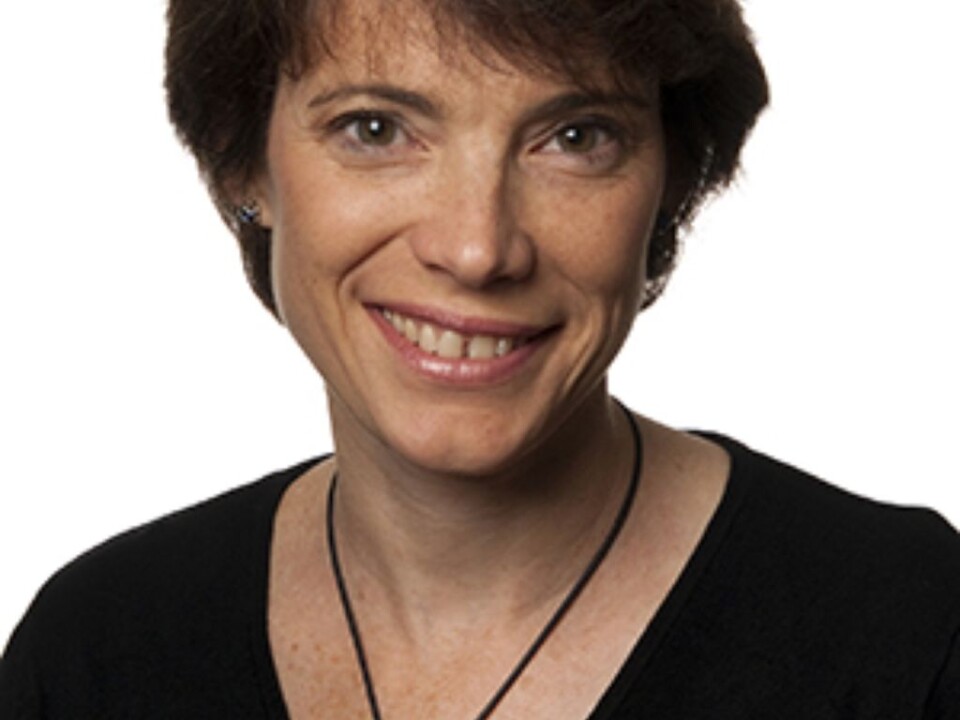
“In part because greenhouse gases like CO2, remain in the atmosphere for a long time. This means that today’s emission influence the climate decades from now. “
This, however, does not mean that we cannot influence the future.
“Our actions today will decide whether we will experience a warmer world in the future or a much warmer world in the future,” she points out.
Climate change – more than emissions
The report addresses the risks of global warming across sectors and regions.
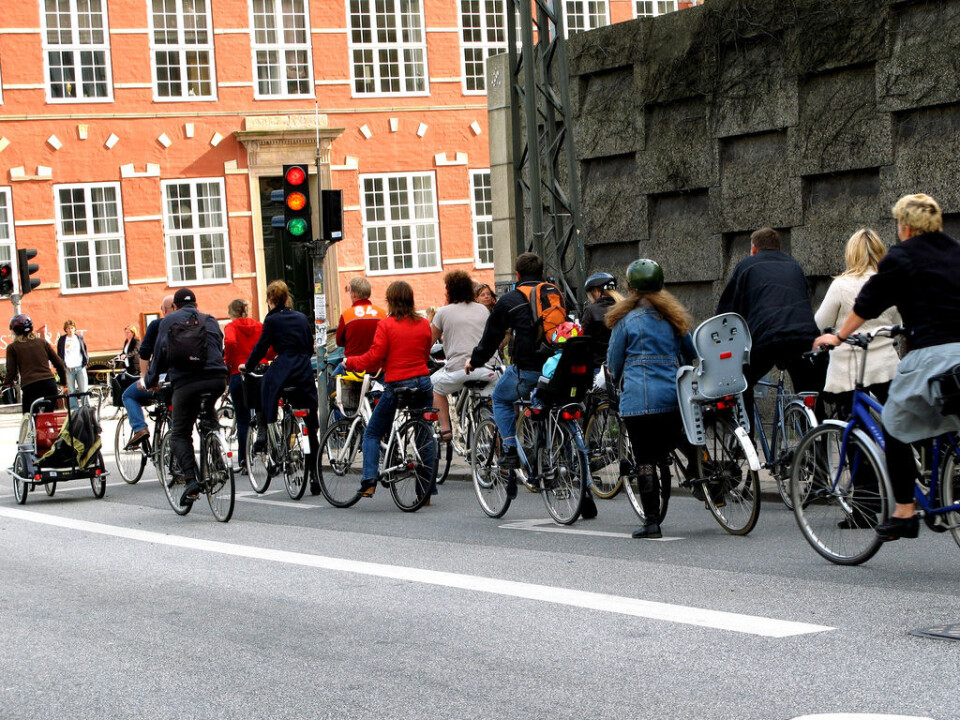
“We see that change in one place spreads to another. Therefore, the social aspect is as important as how much ice melts.”
O'Brien calls for new political, economic and social solutions. She believes emissions cuts are only part of the solution.
“Climate change is about much more than harmful emissions, it is also about social vulnerability. Often this vulnerability is related to poverty and a lack of opportunities for the poor to influence their own situation.”
“It is not enough just to wait for new technology to save us from climate change. Many technologies are themselves dependent on energy resources and clean water,” she adds.
Cycling is the norm
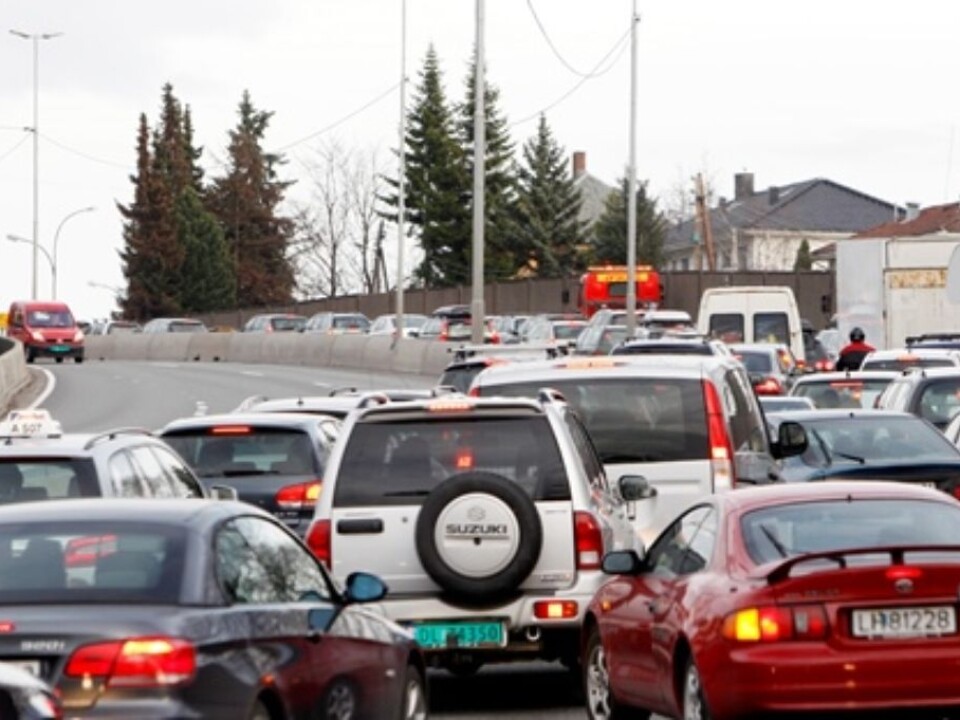
Individuals can reduce their personal emission by for example cycling and recycling.
However, the researcher believes that the most effective responses to climate change will be the ones that address the systems. Designing and implementing solutions that affect the systems like transportation systems, education systems, energy systems and political systems politics.
“Bicycle use in is an example. It is good that some people cycle to work, but the goal must be to make cycle infrastructure so good that cycling to work no longer becomes a choice of a few individuals, but is the most natural mode of transport,” O'Brien says.
According to the researcher, it requires extensive cooperation between groups that may have seemingly conflicting interests, motorists, haulage, shop owners and pedestrians. Cycles cities such as Copenhagen succeed because the bike is the fastest and cheapest means of transport.
Climate Solutions = Quality of Life
The way to go is to focus on climate change solutions that also improve people's quality of life, according to O'Brien.
“Most of the actions we take will have benefits on other areas as well. For example, reducing air pollution can improve air quality and peoples health in cities such as Beijing”, she says.
O'Brien thinks that although it may appear that social development is hard to change, changes can actually take place relatively quickly. It is not only in nature we find tipping points, dramatic changes occur in society too.
One example is the insurance industry. When companies realize that climate changes alter the balance of risks and with it the insurance industry's business model, it leads to rapid changes.
Basis for dialogue
The report is a comprehensive and integrated compilation of world climate research. The findings compile in all 12,000 scientific publications. Although it does not aim to outline the specific changes needed. O'Brien hopes that it provides the basis for dialogue.
“The key message now is that the future is created by all the decisions we make today, across communities and sectors. It emphasizes the importance of individual choice,” says O'Brien.
“I hope the message of the report makes most people feel lifted. It is so easy to think that we individuals cannot make a difference, because it's too late. But that's not true.”
The researcher believes everyone should take a more active role in combating climate change.
“To say that a world that is four degrees warmer is inevitable is the same as saying that we cannot do anything about our interests and our habits,” the researcher concludes.
Translated by: Matthew Rix Whiting







